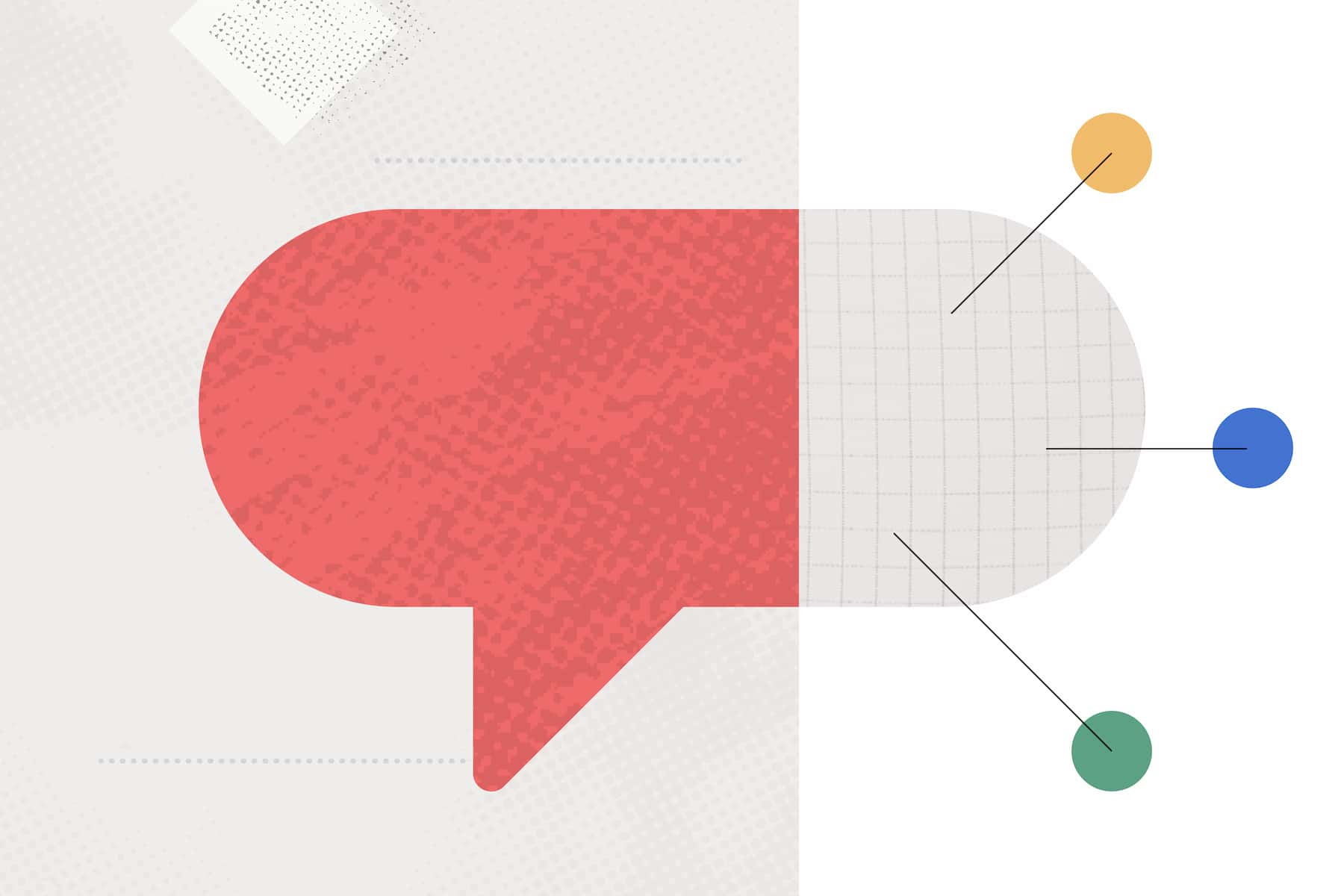


In this situation, we've already decided or planned this action. We can use "going to" to describe a planned action that will happen in the near future. There are two main uses of "be going to" + the infinitive. Aren't they going to fly to their daughter's wedding in Los Angeles?.

Where is your brother going to sleep when he visits you?.Is he going to tell us what to study for the test?.Are you going to speak at the conference?.Who is going to read the next paragraph?.To form of questions, we invert the subject (e.g, I, you) and "is/am/are." If we use a wh- question word, we insert it at the beginning of the sentence. Pronunciation Note: When we speak, we also often say "gonna" instead of "going to." We shorten and push the words together so that we can speak more quickly.įor example, I'm going to play tennis this afternoon sounds like: Aym gonna play tennis. Remember, contractions are common in spoken and informal English. I'm afraid they're not going to read the whole report.Īgain, it's okay to contract the subject pronoun and verb "be" or not contract them:.He's going to tell his boss he's resigning today.My favorite team is going to play tomorrow evening.We're not going to see my mother this summer.It's late so I don't think he's going to do his homework tonight.Here are some examples to make sure this is clear: We can also add "not" in front of "going to" to form the negative. We can use contractions (e.g., I'm, he's) by combining the subject pronoun (e.g., I, he) with the verb "be".


 0 kommentar(er)
0 kommentar(er)
